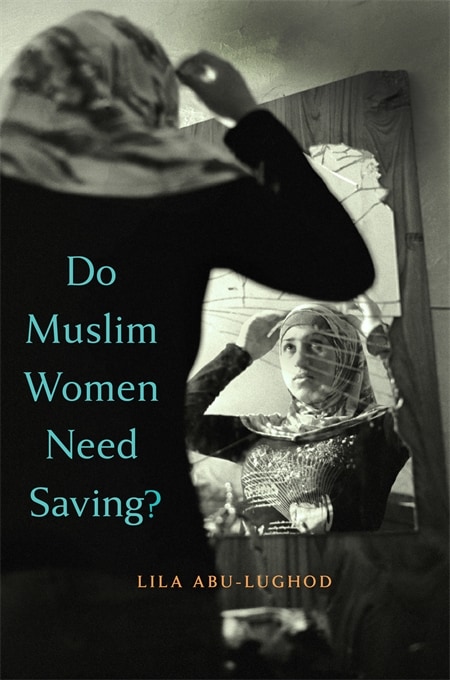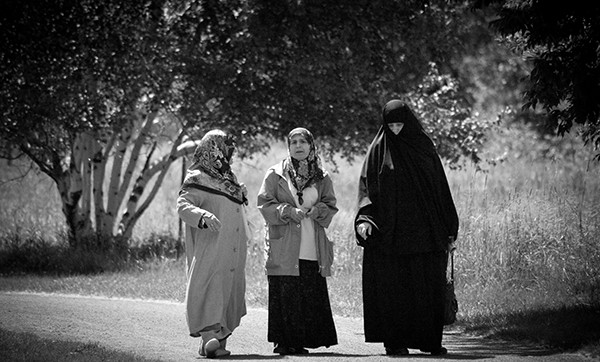After the success of her article published in American Anthropologist in 2002 under the same title, Lila Abu-Lughod released her new book ‘Do Muslim Women Need Saving ?’ in 2013. The question still holds relevance in 2014, since the plight of Muslim women continues to be used as a moral grammar to justify interventions both ‘at home’ and abroad. As the French legislator recently discussed the opportunity to ban headscarves in Universities, after having banned face veils in public spaces in 2011 and headscarves in schools in 2004, and as controversies around Islam have emerged everywhere in Europe, it is indeed time to deconstruct some misconceptions about Muslim women.
 In 2002, Abu-Lughod warned us against the imperialist logic in discourses about ‘Afghan culture’ that had accompanied the military intervention in Afghanistan:
In 2002, Abu-Lughod warned us against the imperialist logic in discourses about ‘Afghan culture’ that had accompanied the military intervention in Afghanistan:
The question is why knowing about the ‘culture’ of the region, and particularly its religious beliefs and treatment of women, was more urgent than exploring the history of the development of repressive regimes in the region and the U.S. role in this history. Such cultural framing, it seemed to me, prevented the serious exploration of the roots and nature of human suffering in this part of the world. Instead of political and historical explanations, experts were being asked to give religiocultural ones. Instead of questions that might lead to the exploration of global interconnections, we were offered ones that worked to artificially divide the world into separate spheres—recreating an imaginative geography of West versus East, us versus Muslims, cultures in which First Ladies give speeches versus others where women shuffle around silently in burqas.
In 2013, the anthropologist who studied for thirty years various communities in the Muslim world, goes a step further by questioning whether generalizations about Islamic culture can explain the hardships (some) Muslim women face and by asking what motivates particular individuals and institutions to promote their rights.
In recent years Abu-Lughod has struggled to reconcile the popular image of women victimized by Islam with the complex women she has known through her research. Here, she renders that divide vivid by presenting detailed vignettes of the lives of ordinary Muslim women, and showing that the problem of gender inequality cannot be laid at the feet of religion alone. Poverty and authoritarianism—conditions not unique to the Islamic world, and produced out of global interconnections that implicate the West—are often more decisive. The standard Western vocabulary of oppression, choice, and freedom is too blunt to describe these women’s lives. Abu-Lughod’s new book will be reviewed soon for Allegra, but while we wait, here is already an interview in which she explains her main arguments.






Read this book, it’s a must read.
Wow, this woman is such an intellectual blast! I read about her works in Anna Croegaert’s study on Bosnian Muslim Women, she referenced Lila’s Colonial Feminism. I am currently in Bosnia, where women range anywhere from wearing a niqab to the mini skirt, and the former is more of a social and political advocate than later. After hanging out with all groups I realised sth similar to Lila, these women made a conscious choice to integrate religion and its aspect into its quotidian lives and practices while preserving the intellectualism and emancipation that seems to be more fragile with the West-oriented counterparts. I still have to look more into it. I think this social identity restructuring and integration makes them very complex and unpredictable personas. I have to read this book!